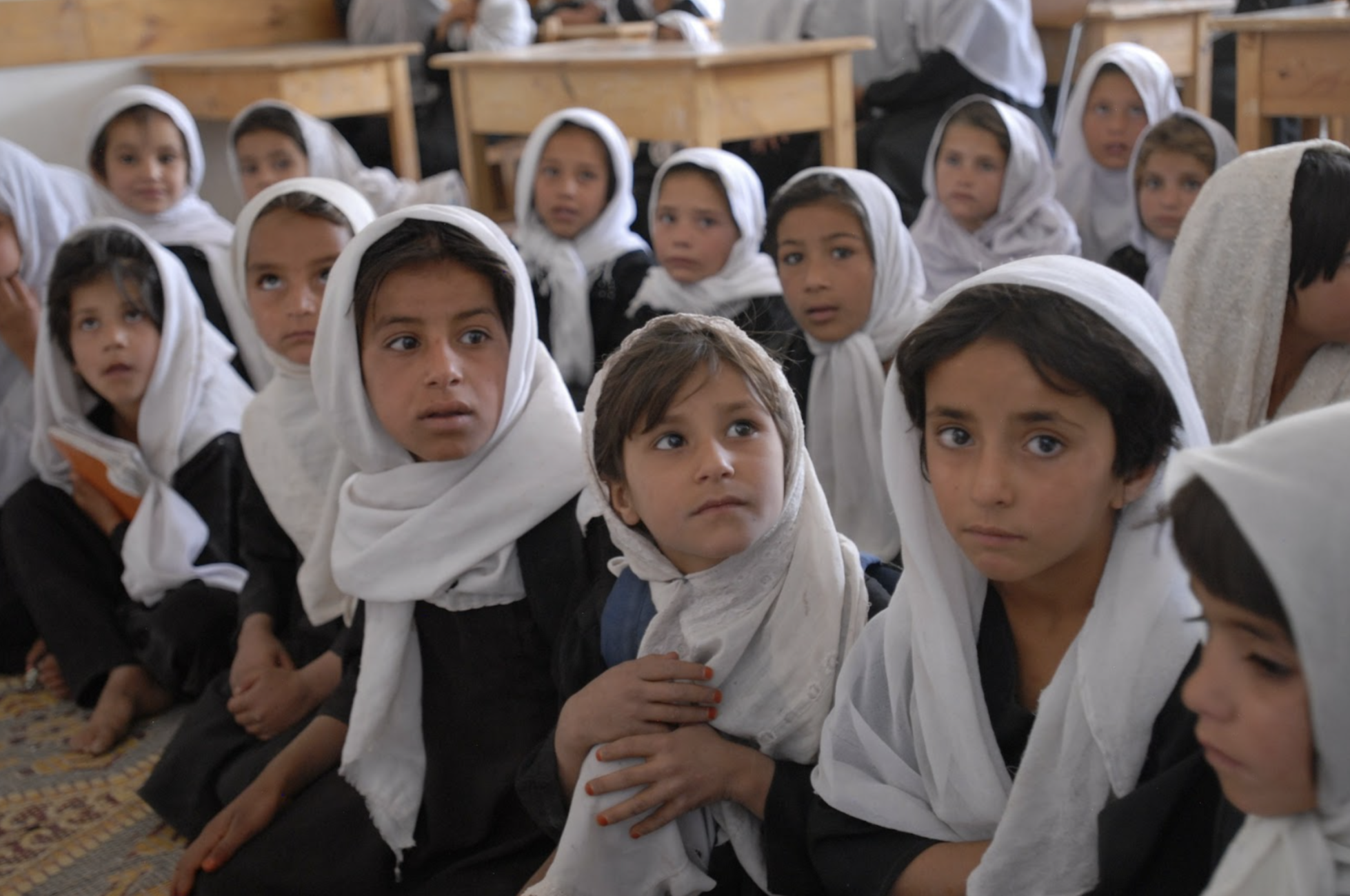
[객원 에디터 3기/ 장석현 기자] More than six months have passed since Afghanistan was returned to Taliban rule following the abrupt U.S. military withdrawal that ended in August. Since then, much speculation has surrounded the Taliban’s ban on schooling for young girls – particularly, whether it will be a ‘temporary’ measure, as claimed by the militant’s leaders, or become a permanent blockade on female education.
Since their return to power, Taliban officials have repeatedly committed to a new ‘inclusive’ and ‘open’ regime, rejecting international criticisms as false reporting. The majority of private universities and high schools have allegedly reopened across the country, while the rest will open up by March 2022 after negotiating with the regime. In addition, a Taliban spokesperson recently called for the international community to respect its restrictions on women’s rights as adhering to core Islamic traditions.
In particular, the Taliban’s ban on primary and secondary schooling for girls spanned all 24 provinces in the country, causing many Afghans to express deep concerns over the future for women’s rights. In more than six provinces, women have been banned from any secondary level education. The Taliban’s continued calls for international respect for Sharia customs, including its strict implementations of islamic female attire, have raised eyebrows amongst foreign powers regarding its commitment to more progressive governance. Heather Barr, co-director of women’s rights at Human Rights Watch, heavily criticized that “the Taliban’s approach restricts women to continue some of their daily lives, but fundamentally constrains and separates them from the men.”
Aside from the direct ban on female education, many observers have criticized the coercive environment that the Taliban has fostered, which saw assaults on women for attending schools and subsequently forced countless Afghan women to voluntarily drop out of college programs due to fears for their safety. This proves a severe lack of commitment to the ‘safe environment’ which the Taliban have promised to provide for girls. Indeed, since the Taliban returned to power, Afghanistan has developed one of the largest education gender gaps globally, with a female literacy rate of only 37%. This stands in stark contrast to the positive effects which ensued after the Taliban resigned from government back in 2001, during which the number of girls in primary schools rose from almost zero to 2.5 million and female literacy rates almost doubled from 17% to 30%, according to figures from UNESCO.
Despite their claims of representing the will of the people, the Taliban’s systematic oppression of women in the name of Islamic tradition contradicts popular opinions; 89% of Afghans have indicated support for women’s education in a 2019 survey conducted by the human rights organization Asia Foundation. Thus, international society must do more to urge the Taliban regime to terminate their ban on women’s education. Afghan girls are just as entitled to schooling as any of us.
Sources : BBC, NPR, The Indian Express, Trust.org, DW, and The Guardian





